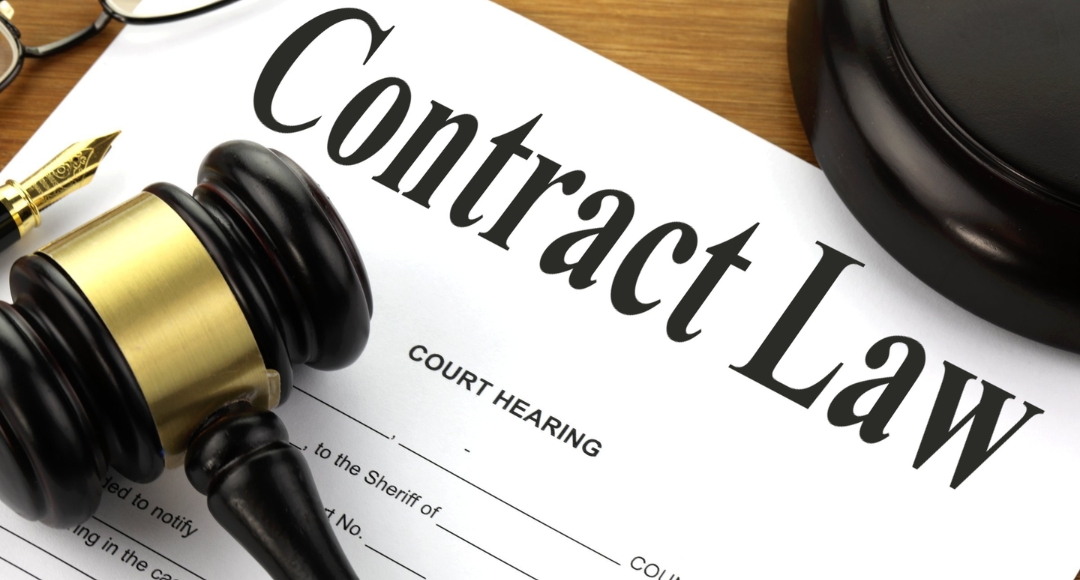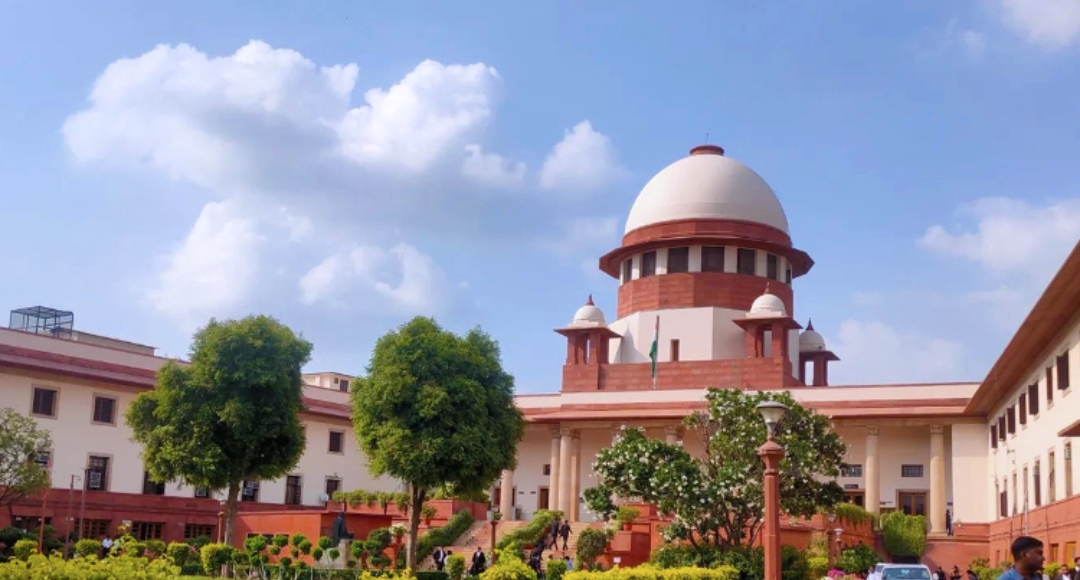Hello friends, Have you ever wondered that if you have made a sale agreement for a property, does that property become completely yours? If yes, then this news is very important for you. Recently, the Supreme Court of India gave a very important verdict, which made it clear that only a sale contract does not give ownership or any legal right to the property. Let us understand this decision in simple language.
The full story of the case

This case was going on between two banks regarding the first charge of a property. The Bombay High Court ruled in favour of the Central Bank of India, but the appealing bank challenged it in the Supreme Court. The question was whether legal rights could be obtained based on an unregistered sale agreement.
Ownership will not be given only by sale contract
The Supreme Court said in its decision that “only a sale contract of the property does not give any legal ownership in itself.” It is clear under Section 54 of the Indian Transfer of Property Act, 1882 that any property can be sold only through a Registered Sale Deed. This means that if you have only made a sale contract of a property and do not have registered documents, then you will not be legally considered its owner.
What is an ‘Equitable Mortgage’ on property?
The court also explained that in some cases, if a person mortgages the title deed of the property with the bank and takes a loan, it can be considered an equitable mortgage. But if a property is given to someone without proper legal documents, then it will not be considered legally valid.
Effect of the decision what will change now?
After this decision, those who buy property without registered documents or use it for any kind of loan will have to be cautious. Banks and financial institutions will also have to ensure that they give loans only based on valid and registered documents.
Court’s final decision

The Supreme Court, while overruling the Bombay High Court’s decision, clarified that no bank or person can claim rights over the property without a registered sales contract. The court said that the amount of ₹ 51 lakh, which was disputed, should be returned to the appellant bank with interest. Also, it should be ensured that the information of this decision reaches all the High Courts and Debt Recovery Tribunals (DRT and DRAT).
What to do next?
If you are buying a property, make sure that its documents are fully registered and legally valid. Relying only on the sales contract can put you in legal trouble. It would be wise to take the right advice and complete all the legal procedures in property-related matters.
Disclaimer: This article is written for information purposes only. It is imperative to seek advice from a qualified lawyer or legal expert before making any legal decision related to property.
Also Read:
Supreme Court Slams Overpriced Lawyers: Justice Must Be Accessible to All






